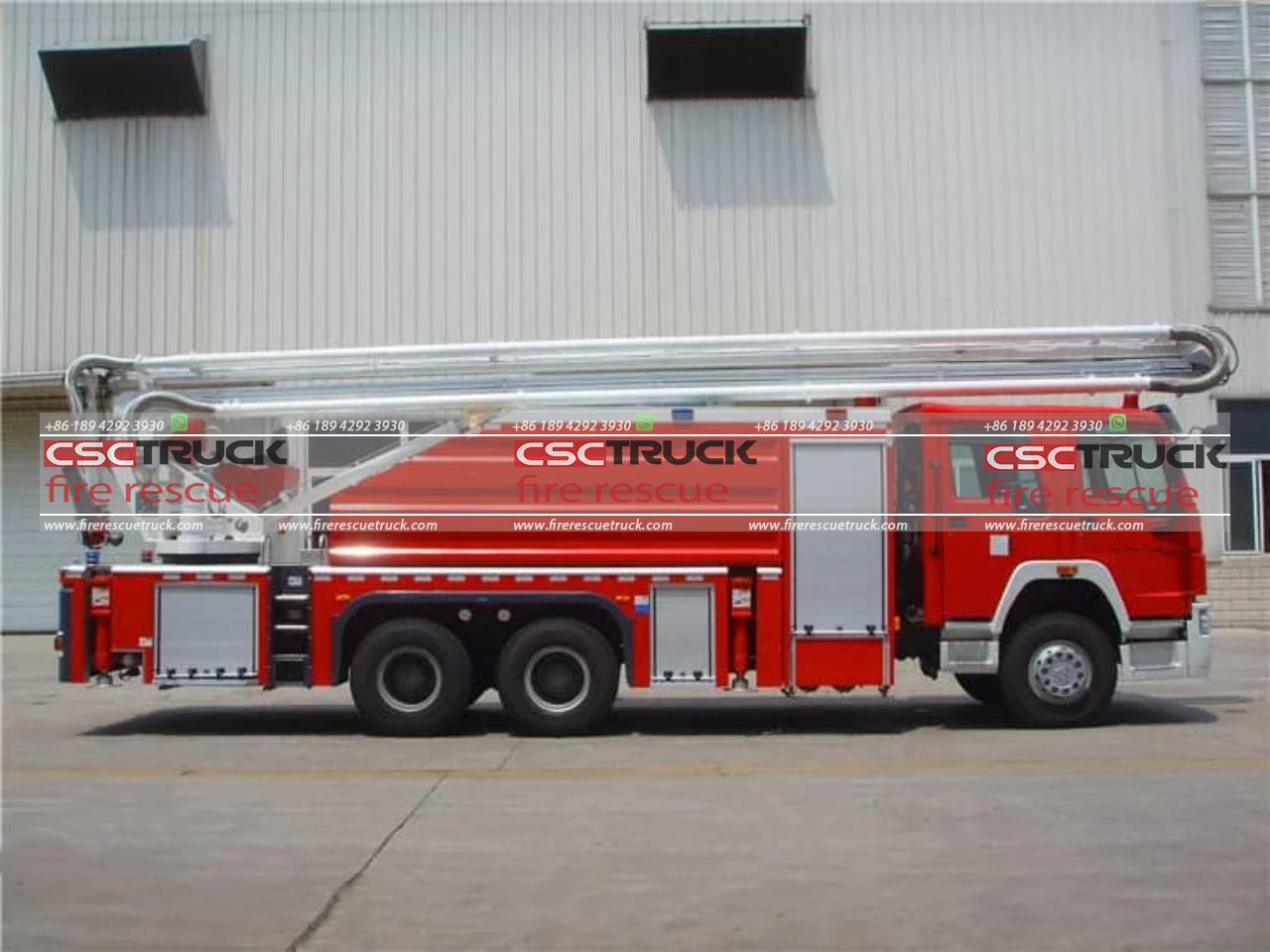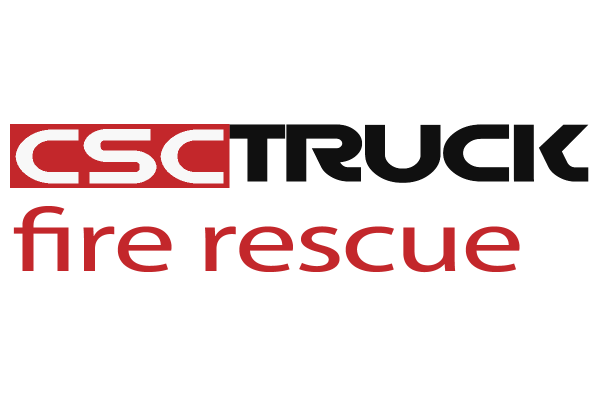Is “Firetruck” a Compound Word?
The English language is full of fascinating rules and nuances, especially when it comes to word formation. One of the common ways new words are created is through compounding, where 2 or more words are combined to form a new word with its meaning. One such example is “firetruck.” But is “firetruck” really a compound word? Let’s break it down.
Understanding Compound Words
Before we delve into whether “firetruck” qualifies as a compound word, we need to understand what compound words are. Compound words are formed when 2 or more root words (words that can stand alone and carry meaning) are combined to form a new word. This new word typically inherits some meaning from the individual components but often acquires a more specific or distinct meaning in its own right.
Compound words generally fall into three categories:
1. Closed compounds: These words are written as a single word without a hyphen or space. Examples include “notebook,” “toothbrush,” and “fireman.”
2. Hyphenated compounds: These are words connected with a hyphen, such as “mother-in-law,” “six-pack,” and “merry-go-round.”
3. Open compounds: These are words that, while written as separate words, function together to express a singular concept, such as “high school,” “real estate,” or “ice cream.”
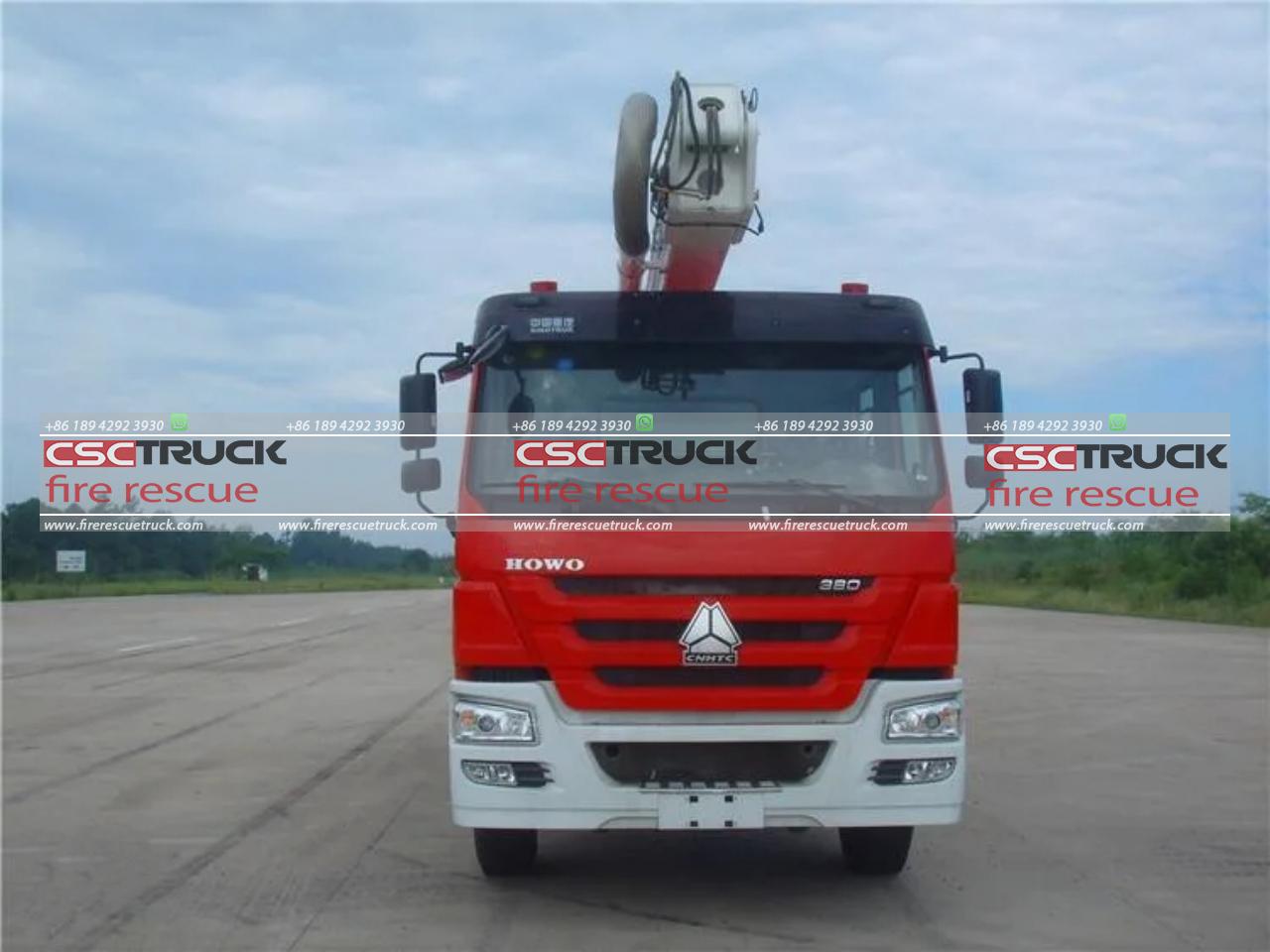
Breaking Down “Firetruck”
Now that we know what compound words are, let’s take a closer look at “firetruck.” The word is made up of 2 distinct components:
– Fire: A term that refers to combustion, flames, and the phenomenon of burning.
– Truck: A large, typically motorized vehicle used for transporting goods, equipment, or, in this case, firefighting tools and personnel.
On their own, “fire” and “truck” are both nouns that carry their meaning. However, when combined into “firetruck,” the meaning shifts from just “fire” and “truck” to something much more specific: a vehicle designed to transport firefighters and firefighting equipment to emergencies, typically fires.
Because “fire” and “truck” are combined to create a single entity that describes a particular kind of truck, “firetruck” fits the criteria for a **compound word**—more specifically, a **closed compound** word, since it is written as a single term with no space or hyphen.
Why “Firetruck” is a Compound Word
Firetruck exemplifies how compound words can help clarify language by combining 2 familiar terms to describe something more specific. Without compounds like “firetruck,” we would likely use longer phrases like “a truck that responds to fires” or “a firefighting vehicle.” While these phrases are perfectly understandable, they’re not as concise or efficient.
The key factor that makes “firetruck” a compound word is how it transforms the individual meanings of “fire” and “truck” into a new and specialized term. When you hear the word “firetruck,” you immediately picture a large, bright red vehicle equipped with ladders, hoses, and firefighting personnel, not just any truck and fire.
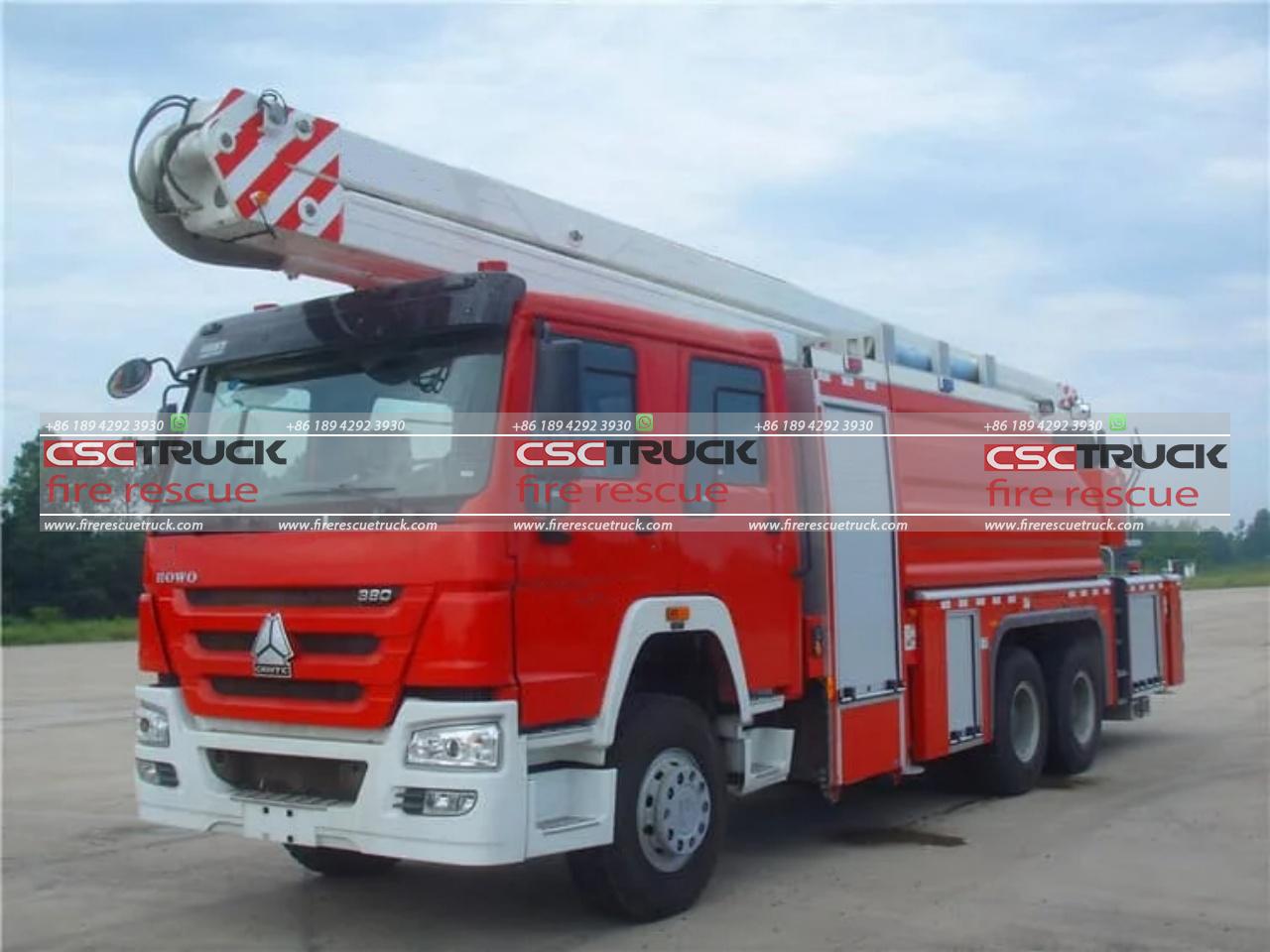
Different Types of Compound Words
Interestingly, not all compound words are created equal, even when they’re used to describe emergency vehicles. Other firefighting-related terms, such as “fire engine” or “fire department,” take on different forms. “Fire engine” is an example of an **open compound** word, where both “fire” and “engine” remain separate but, when used together, form a distinct concept. Similarly, “fire department” is another open compound that describes an organized body responsible for extinguishing fires.
Unlike “firetruck,” these terms remain open because the convention of English spelling rules dictates that some combinations of words are treated as individual entities, even though they describe a specific concept together.
Interestingly, the closed form of “firetruck” stands in contrast to the open form of “fire engine.” There’s no official rule as to why one is closed and the other is open. Often, usage and tradition dictate how compound words evolve. Over time, many open compounds tend to merge into closed forms as they become more commonly used.
Evolution of “Firetruck” as a Word
The evolution of compound words like “firetruck” often mirrors the cultural and technological changes of the time. In the case of fire trucks, this is certainly true.
Historically, firetrucks didn’t always exist in the form we know today. Early firefighting vehicles were often horse-drawn carriages carrying firemen and basic equipment. These were often called “fire wagons” or “fire carts,” and neither of these terms was a closed compound word. The modern firetruck, equipped with advanced technology and specifically designed for firefighting, didn’t come into common use until the late 19th and early 20th centuries.
As the role and design of firefighting vehicles became standardized and technologically advanced, language adapted accordingly. By the time motorized vehicles replaced horse-drawn carriages, the term “firetruck” had evolved to describe this new form of fire-fighting transport. The use of “firetruck” as a closed compound likely became more common as the vehicle became a staple of firefighting and its name solidified in the public lexicon.
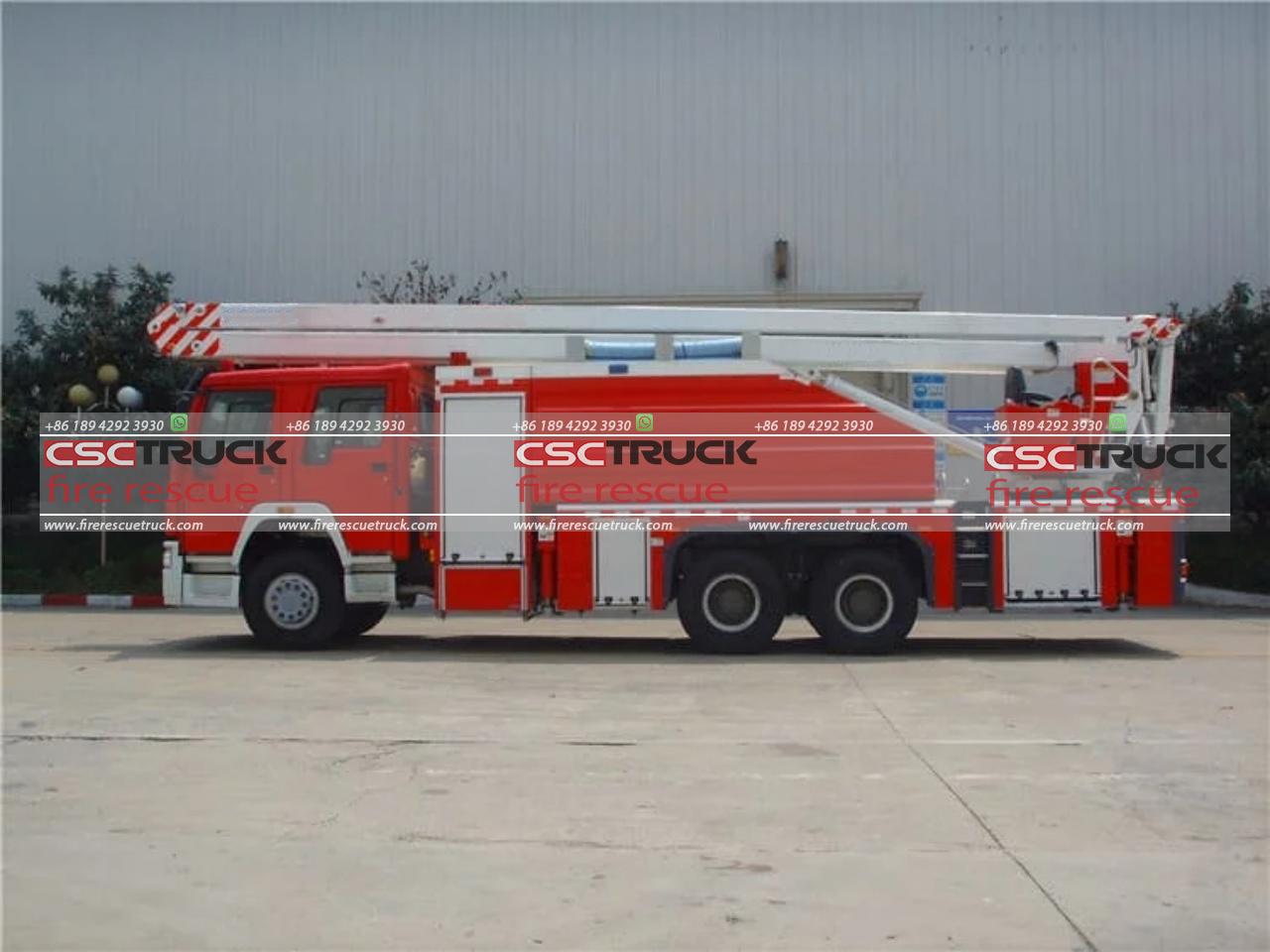
Language Trends and Compound Words
One of the reasons compound words are so interesting is that their usage reflects broader trends in language. For example, new technologies or inventions often necessitate new compound words. In today’s world, new compound words emerge to describe modern concepts like “smartphone,” “webpage,” or “cloud storage.”
Similarly, the evolution of “firetruck” reflects the changes in how language adapts to the needs of society. As firefighting equipment has become more advanced, the terminology has evolved to keep pace. The fact that “firetruck” is now universally understood to mean a specialized emergency vehicle is a testament to how language shifts to accommodate both practical and conceptual needs.
Conclusion: Yes, “Firetruck” is a Compound Word
To answer the original question: Yes, “firetruck” is indeed a compound word. It’s a closed compound that combines 2 independent words, “fire” and “truck,” to form a new, more specific term that conveys a distinct meaning.
Compound words like “firetruck” enrich the English language by allowing us to create more precise and efficient descriptions of the world around us. They simplify communication by encapsulating complex ideas in just a few syllables, often reflecting cultural, technological, and historical shifts.
“Firetruck” stands as a perfect example of how compound words develop naturally within the language, helping speakers convey meaning efficiently while adapting to the evolving needs of society. Whether you’re a linguist, a firefighter, or simply someone curious about language, it’s clear that compound words like “firetruck” play a critical role in shaping how we describe the world around us.
